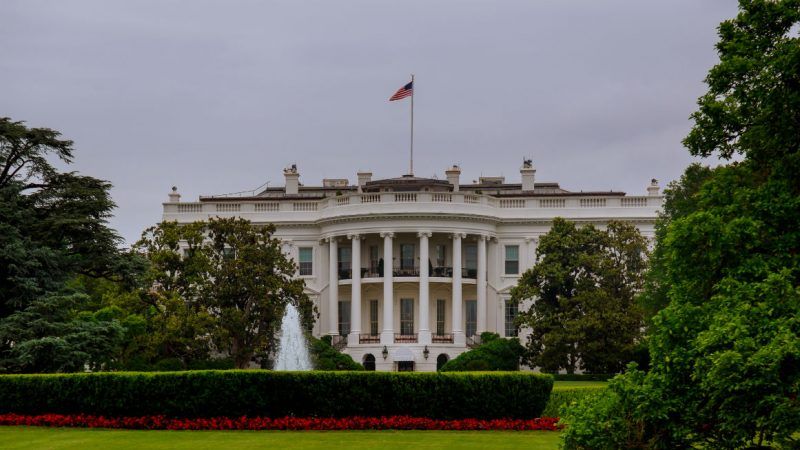H.L. Mencken on Independence Day: 'We Have Borne Rascality Since 1776, and We Continue To Survive'
The sage of Baltimore on impeachment, the press, and the people

You might imagine H.L. Mencken would have been a fan of impeachment. After all, he rarely had a kind word to say about the powerful.
For him, the Constitution and Bill of Rights were sacred documents, and only sound principles could protect them. "Nothing restrains the criminal impulse quite so effectively as the certain knowledge that consequences will be swift and sure," wrote Mencken. But when it came to impeaching a president, he recognized the process was essentially "a political and not a judicial process," "cumbersome," and often impeded. This left Congress—as the country's "grand inquisitor"—enormous powers to complete the task, but here again he recognized its "pusillanimity." Half the time impeachment fails or the culprit is treated as a martyr, "received with music and prayer."
There remained only one agency that could bring an unscrupulous administration to terms, according to Mencken: the press. One of its clearest duties is "to keep a wary eye on the gentlemen who run this great nation, and only too often slip into the assumption that they own it."
"Every public official with large powers in his hands should be held in suspicion until he proves his case: and we should keep him at all times in a glare of light," Mencken warned his colleagues. He advised against a radical press from the right or left, of journalistic"rogues" who groveled and worshipped power, thereby making them no more than "an ante-chamber" to a king's court.
As a chronicler of democracy, Mencken noted: "Ambitious demagogues can hear the murmur of mob dissent" before anyone else. Such politicians, he said, know how to arouse their fears: "Around such demagogues clusters all the romance that used to hang about a King." A demagogue, like a king, had the special talent of a performer, "with a special gift of inflaming the childish imagination of the masses," full of "envy and prejudices, nursing grievances in vast wastelands where jobs were scarce."
He meditated how Americans were more gullible than most, blindly following "freak economic schemes" and "the most blatant and absurd sort of charlatans in politics." It is one of the main reasons why he insisted voting privileges should only be given to those who could clearly understand the Constitution. When a politician of vigorous mind and intellect is not appreciated by the voters, Mencken noted, the odds are on choosing the presidential candidate who is "the most devious and mediocre—the man who can most adeptly disperse the notion that his mind is a virtual vacuum," concluding: "As democracy is perfected, the office represents more and more closely the inner soul of the people. We move toward a lofty ideal. On some great and glorious day the plain folks of the land will reach their heart's desire at last, and the White House will be adorned by a downright moron."
As much as Mencken despised demagogues such as Andrew Jackson or William Jennings Bryan, his chief ire rested on Franklin D. Roosevelt. According to Mencken, one of his many crimes was his use of his attorney general for his own bidding, forcing lawyers for the Justice Department to function merely as the president's yes men. At one point Mencken seriously believed that the United States was entering a sort of totalitarianism. Forms of democracy would still be maintained, he wrote bitterly, "but the thing itself is dead." He left a careful record of his archives primarily "for the future student of journalism." One day, he warned, the United States would develop "a super Roosevelt," that would make FDR "seem honest and even cautious."
One of the attributes that continues to make Mencken such inspirational reading is that he provides a glimmer of hope that may satisfy even the most pessimistic among us: the independent citizen, on guard and on edge, gloomily nursing a scotch after digesting the evening news.
I would remind Mencken's critics of what he said about democracy, even during this dark period. Democracy may have its failings, but "we have borne rascality since 1776, and we continue to survive." As he put it, "I have witnessed, in my day, the discovery, enthronement and subsequent collapse of a vast army of uplifters and world-savers, and am firmly convinced that all of them were mountebanks….Nevertheless we survive, and not only survive, but flourish."


Show Comments (9)